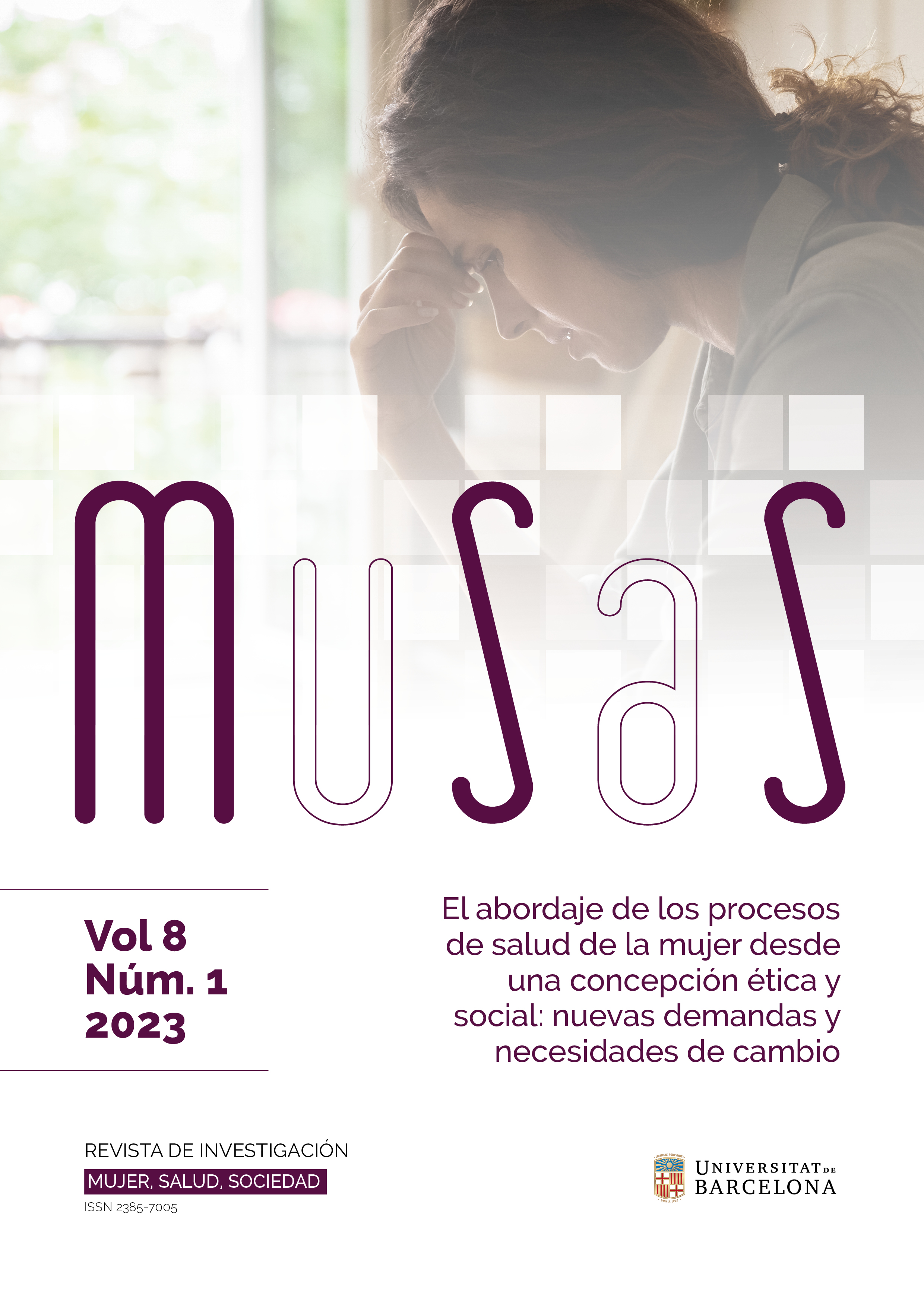Before the Shortage of Midwives, We Must Question the Training Model
Keywords:
Midwives, Training, University, Procreative Health, Obstetric Violence, BirthAbstract
One of the main functions of the midwife is the care and assistance of pregnancy, delivery and puerperium in physiological situations. In Spain, unlike in most European Union countries, midwives must first be trained as nurses, acquiring a degree in Nursing and then specializing in obstetric-gynecological nursing (midwifery). In Spain, midwifery training is carried out through the residency system in multi-professional obstetrics and gynecology teaching units or in midwifery teaching units accredited for specialized training. There is a lack of midwives in Spain, while in the European Community there are 69.8 midwives per 100,000 women and 25.9 midwives per 1,000 births, in Spain the figure is 31.6 midwives per 100,000 women and 12.4 midwives per 1,000 births. In order to avoid overmedicalization of pregnancy and to prevent obstetric violence, it is important to recognize birth as a physiological fact of the life cycle and it is unquestionable that the professional of reference for its care must be the midwife, who should be trained from a holistic perspective that contemplates the aspects of procreative health as part of the vital cycle of the woman, recognizing that care, accompaniment and attention have to occupy a primordial place. It is urgent to create an independent training of midwives, through the creation of a university degree that will reduce the existing deficit of these professionals.
Downloads
Published
Issue
Section
License
Authors publishing in this journal agree with the following terms:
- Authors hold the copyright, but MUSAS holds the right of first publication.
- Manuscripts will be disseminated with the Creative Commons CC BY-NC license, which allows sharing it with third parties as long as they recognize the authorship, the first publication right held by MUSAS and the license’s conditions






